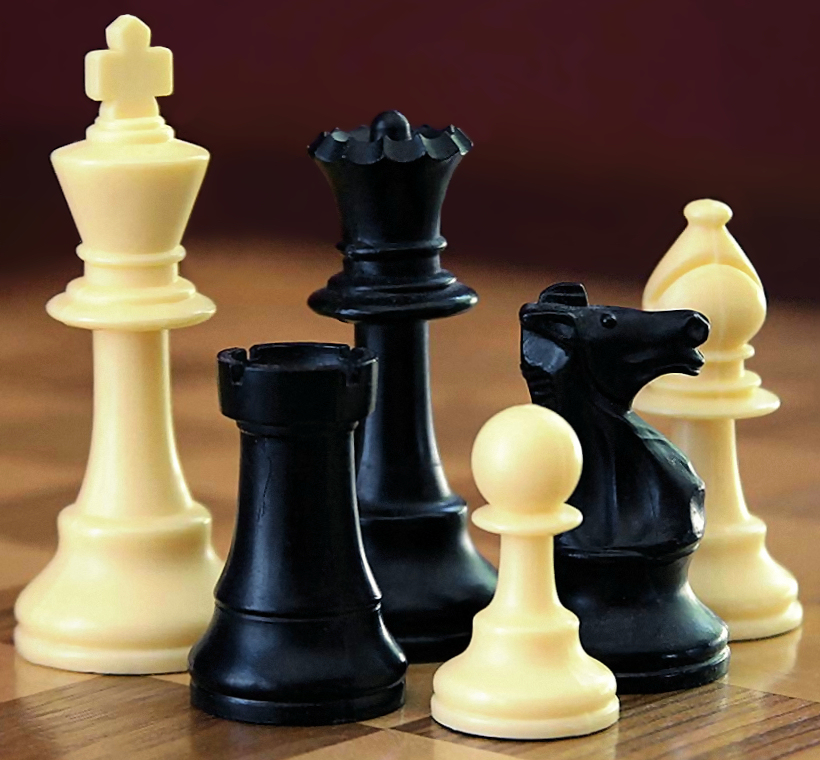 The Chessmaster is a fun trope, especially when done well. A good villain is always at least one step ahead of the good guys, so when it turns out that he’s three or four or ten steps ahead of them, it can make for some interesting plot twists.
The Chessmaster is a fun trope, especially when done well. A good villain is always at least one step ahead of the good guys, so when it turns out that he’s three or four or ten steps ahead of them, it can make for some interesting plot twists.
Of course, the chessmaster isn’t always the bad guy. Sometimes, it turns out that the mysterious figure behind the scenes pulling all the strings is actually working for good, even though he may sacrifice a few pawns along the way. Or is he? There’s always that tension, simply because of the chessmaster’s manipulative nature.
I’ve played it both ways. The last time I wrote a chessmaster was Gunslinger to the Stars, but the Patrician in Heart of the Nebula definitely also qualifies. In both cases, the character was introduced as a mysterious employer. I won’t tell you which one was the bad guy, and which one was the good guy.
I’ve never written a story from the perspective of the chessmaster. I imagine it would be quite difficult, since all of the plot twists would have to be telegraphed and/or th reader would have to be kept in the dark about the main character’s plans. Dune is an excellent example of the former, but I can’t think of any good examples of the latter. The Davinci Code comes to mind, but the way it kept the viewer in the dark (seen the movie, haven’t read the book) didn’t work for me.
Even as a non-viewpoint character, the chessmaster can be difficult to write. Careful plotting is key, of course, but so is the iceberg principle. For everything the reader can see, there has to be a bunch of stuff beneath the surface that they can’t see. It doesn’t require the same level of detail as the surface level stuff, of course, but you have to at least have an idea of what the chessmaster would do if the story went in a very different direction. Even if the chessmaster never reveals those plans, you can bet that he still has them figured out.
In part, this is what made Heart of the Nebula so difficult to write. The final draft bears little resemblance to the first draft, with characters and subplots cut out or combined with others. Still, I’m satisfied with how it turned out, and it seems that the readers are as well.
In Sons of the Starfarers, Gulchina isn’t a chessmaster so much as a magnificent bastard with delusions of grandeur. She has plans and does tend to be three or four steps ahead of everyone else, but she’s less interested in manipulating events than she is in manipulating people. Her ultimate goal, as revealed in Captives in Obscurity, is to establish a proud warrior race that will one day wipe out and take over both the Empire and the Outworlds. She doesn’t know how that’s going to happen, but she knows what needs to be done to lay the foundation for that work.
The chessmaster is a challenging trope to write well, but I’m sure I’ll use it many more times in the future. The storytelling potential is just too great to leave it out.